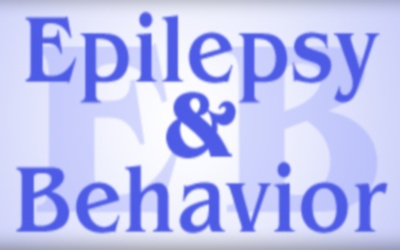
“The widespread patient use of artisanal cannabis preparations has preceded quality validation of cannabis use for epilepsy. Neurologists and cannabinoid specialists are increasingly in a position to monitor and guide the use of herbal cannabis in epilepsy patients. We report the retrospective data on efficacy and adverse effects of artisanal cannabis in Patients with medically refractory epilepsy with mixed etiologies in Washington State, California, and Maine. Clinical considerations, including potential risks and benefits, challenges related to artisanal preparations, and cannabinoid dosing, are discussed.
RESULTS:
Of 272 combined patients from Washington State and California, 37 (14%) found cannabis ineffective at reducing seizures, 29 (15%) experienced a 1-25% reduction in seizures, 60 (18%) experienced a 26-50% reduction in seizures, 45 (17%) experienced a 51-75% reduction in seizures, 75 (28%) experienced a 76-99% reduction in seizures, and 26 (10%) experienced a complete clinical response. Overall, adverse effects were mild and infrequent, and beneficial side effects such as increased alertness were reported. The majority of patients used cannabidiol (CBD)-enriched artisanal formulas, some with the addition of delta-9-tetrahydrocannabinol (THC) and tetrahydrocannabinolic acid (THCA). Four case reports are included that illustrate clinical responses at doses <0.1mg/kg/day, biphasic dose-response effects, the use of THCA for seizure prevention, the use of THC for seizure rescue, and the synergy of cannabinoids and terpenoids in artisanal preparations. This article is part of a Special Issue entitled “Cannabinoids and Epilepsy”.”

